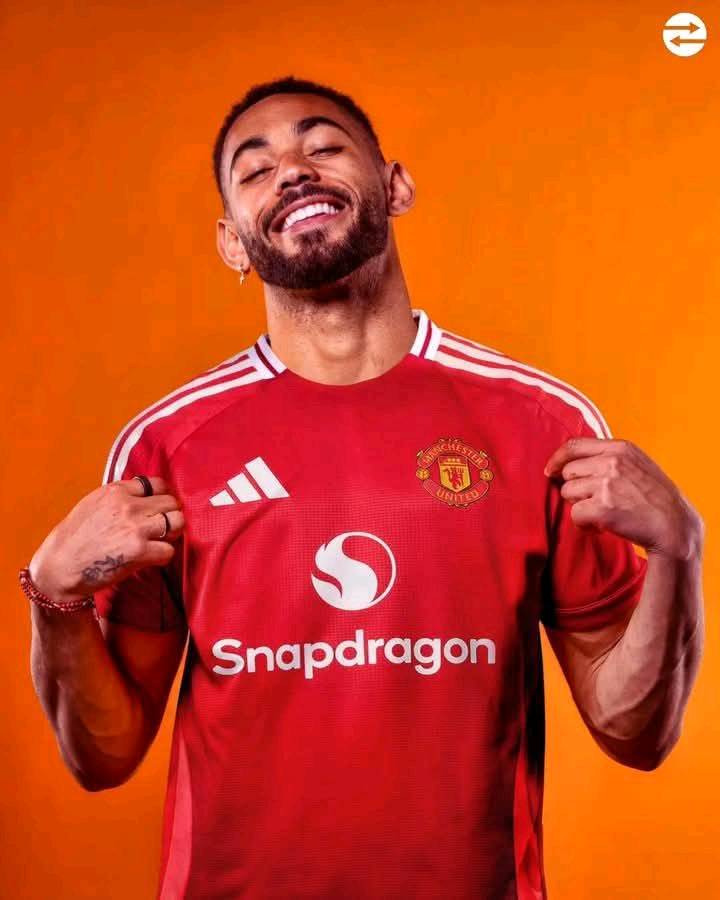Manchester United Face Summer Overhaul Under Ruben Amorim After Dismal Campaign
After a season many fans would rather forget, Manchester United are heading into another critical summer—but this time, it’s not just about adding quality. It’s about starting from scratch.
The 2024-25 season was one of the worst in Manchester United’s storied history. A 15th-place finish in the Premier League and a crushing loss to Tottenham in the Europa League final ensured they’ll be absent from European football for the first time in nearly a decade. For a club of this size, that’s more than a blip, it’s a crisis.
New boss Ruben Amorim now faces the monumental task of reshaping a broken squad with limited resources. With Financial Fair Play restrictions tightening and a bloated wage bill, outgoings are expected to play a bigger role than incoming signings this summer.
Here’s a breakdown of United’s squad and the massive decisions Amorim has to make across the pitch.
Goalkeeper & Defence: Numbers Aren’t the Problem, Reliability Is
Despite having several defensive options, injuries plagued United’s backline last season. They fielded 23 different centre-back pairings, the most in the Premier League, and still ended the year short in that department.
Ayden Heaven and Tyler Fredricson showed promise late in the season, but they’re far from the finished product. With the exits of Lindelöf and Evans, and continued fitness concerns for other senior defenders, adding a reliable, injury-free centre-back remains essential, even if not urgent given United’s reduced fixture load in 2025-26.
In goal, André Onana’s inconsistent performances remain a sore spot. He’s made eight errors directly leading to goals since the start of 2023-24 second-most across Europe’s top leagues. Though linked with a move, signs point to Onana staying. Meanwhile, Altay Bayindir is expected to be offloaded, and Radek Vitek, fresh off a solid loan spell in Austria, could step up as backup.
Midfield & Wing-Back: Big Gaps, Small Budget
Amorim’s midfield puzzle remains unsolved. The Bruno Fernandes–Casemiro pairing lacks balance: one’s a creative dynamo, the other is a fading force who struggles to cover ground. Casemiro may have finished strong last season, but his declining mobility makes him a liability in transition-heavy matches.
Finding a defensively solid, press-resistant midfielder to complement Fernandes is crucial but such a player won’t come cheap. Manuel Ugarte has been linked, but questions about his passing game leave doubts.
Kobbie Mainoo might become an answer long-term, but Amorim sees him as more attacking. With Eriksen gone, youngsters like Sekou Koné and Toby Collyer may get opportunities, if they aren’t loaned out.
On the flanks, Diogo Dalot held down the right wing-back role but lacked attacking flair. Amad Diallo could be redeployed there, though his talents may be better used further forward. If funds are tight, that compromise may be inevitable.
Attack: New Blood Needed Up Front
United’s lack of goals last season was alarming. Just 44 in the league, their worst return since the 1973-74 relegation year. Rasmus Højlund looked overwhelmed and under-supported, scoring just four Premier League goals.
His backup, Joshua Zirkzee, showed flashes of skill but wasn’t clinical either. Amorim clearly needs a new striker and it’s no surprise United have been linked with big names like Victor Osimhen, Viktor Gyökeres, and Hugo Ekitiké.
The addition of Matheus Cunha from Wolves should inject quality into the number 10 role, while Bryan Mbeumo is expected to bolster the right side. Together, they could create the service Højlund needs but relying solely on improvement from the Dane would be risky. If a good offer arrives for him, United may consider cashing in.
Squad Trimming: Who Goes, Who Stays?
With CEO Omar Berrada confirming that the club must sell before buying, expect several high-profile names to be on the chopping block.
Garnacho, Rashford, Sancho, and Antony are all facing uncertain futures. Garnacho has age and potential on his side, while Antony impressed on loan at Betis. However, Sancho and Rashford’s wages are huge hurdles to any sale.
United’s poor track record in offloading players for profit doesn’t help either. But if Amorim wants to reshape the team in his image, tough calls must be made.
Looking Ahead
Amorim’s first summer in charge will define how far United can climb in 2025-26. The lack of European football provides fewer distractions, but the pressure is still sky-high. The fixture list isn’t kind early on, so fast and smart business is essential.
While the arrivals of Cunha and Mbeumo offer hope, United’s broader strategy this summer hinges entirely on selling well—something they’ve historically struggled with.
Can Amorim turn this mess around? We’ll know soon enough. But after the shambles of last season, the only way is up—right?
